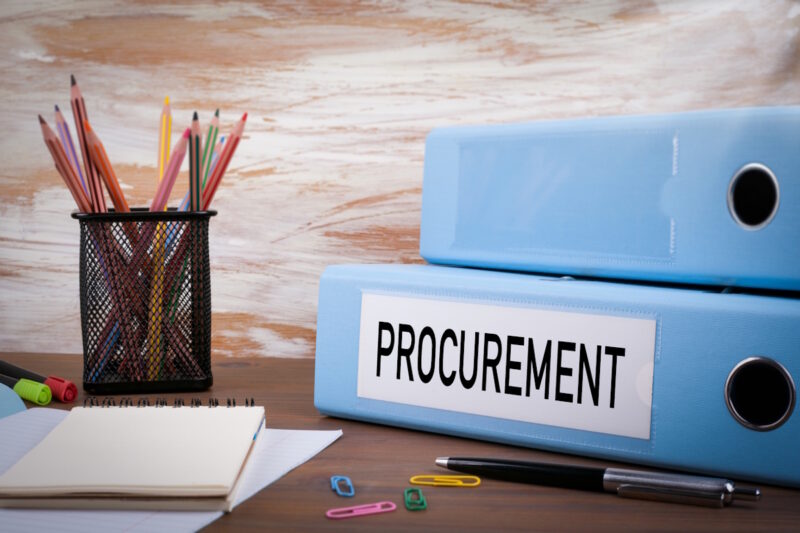In the fast-paced world of procurement, where every decision can ripple through the supply chain with significant repercussions, the need for informed strategies has never been more pressing. With an avalanche of data pouring in—from market trends to supplier performance metrics—organizations are compelled to harness this information effectively.
The right analysis can illuminate opportunities for cost savings, highlight potential risks, and reveal trends that may otherwise go unnoticed. Yet, the challenge lies not just in gathering data but in transforming it into actionable insights.
As businesses navigate the complexities of a global marketplace, the ability to make strategic procurement decisions that are both responsive and anticipatory is paramount. This article delves into how leveraging data and market analysis can empower organizations to foster smarter procurement decisions, ultimately driving efficiency and innovation in an increasingly competitive landscape.
Understanding Data-Driven Procurement

Understanding data-driven procurement involves delving into a transformative approach that harnesses the power of analytics to optimize purchasing decisions. By meticulously gathering and analyzing vast amounts of data—from market trends and supplier performance to historical purchasing patterns—organizations can unravel insights that were previously obscured.
This multi-faceted examination allows procurement teams to not only anticipate market shifts but also to tailor their strategies in real-time. Imagine sifting through a rich tapestry of information, where each thread represents a potential opportunity or risk.
As data flows in, it paints a dynamic picture of the supply landscape. This strategic agility empowers organizations to pivot swiftly, negotiate better contracts, and ultimately drive value while maintaining resilience in an ever-evolving economic milieu.
The Role of Market Analysis in Procurement

Market analysis plays a pivotal role in procurement by providing a comprehensive understanding of the landscape in which organizations operate. It equips procurement professionals with critical insights into pricing trends, supplier reliability, and market demand fluctuations.
By analyzing data from various sources—ranging from industry reports to real-time market intelligence—procurement teams can make informed decisions that optimize their purchasing strategies. Imagine a savvy buyer who, armed with knowledge, can anticipate not just tomorrows prices but also long-term shifts in supply availability.
This depth of insight fosters agility and resilience, enabling businesses to navigate challenges in an ever-evolving market while seizing opportunities that might otherwise slip by unnoticed. Thus, effective market analysis can transform a reactive procurement approach into a proactive one, ensuring that organizations remain competitive and responsive to changing conditions.
Leveraging Data Analytics in Procurement

In the evolving landscape of procurement, leveraging data analytics has become paramount for organizations striving to make informed, strategic decisions. By harnessing vast amounts of data—from supplier performance metrics to market trends—procurement teams can unearth actionable insights that often remain obscured in traditional processes.
Imagine a scenario where predictive analytics not only anticipates price fluctuations but also identifies emerging risks within the supply chain. Armed with such knowledge, procurement professionals can negotiate better terms and foster relationships that are beneficial in the long run.
Furthermore, the integration of real-time data allows for agile adaptations to changing market conditions, ensuring that procurement strategies remain not just reactive, but proactively positioned to seize opportunities before competitors even notice. In this data-driven era, the ability to distill complex information into clear, strategic actions will be the defining trait of successful procurement departments.
Conclusion
In conclusion, leveraging data and market analysis is essential for organizations aiming to make informed and strategic procurement decisions. By harnessing the power of analytics, businesses can identify trends, optimize supplier relationships, and ultimately reduce costs while ensuring quality and efficiency.
The dynamic nature of supply chains demands a proactive approach, where data-driven insights guide procurement strategies to meet evolving market needs. As organizations recognize the transformative potential of these tools, partnering with experts such as a procurement consulting company (Read more) can further enhance their capabilities, paving the way for smarter and more effective procurement practices. Embracing this analytical approach will not only foster better decision-making but also position companies for long-term success in an increasingly competitive landscape.


